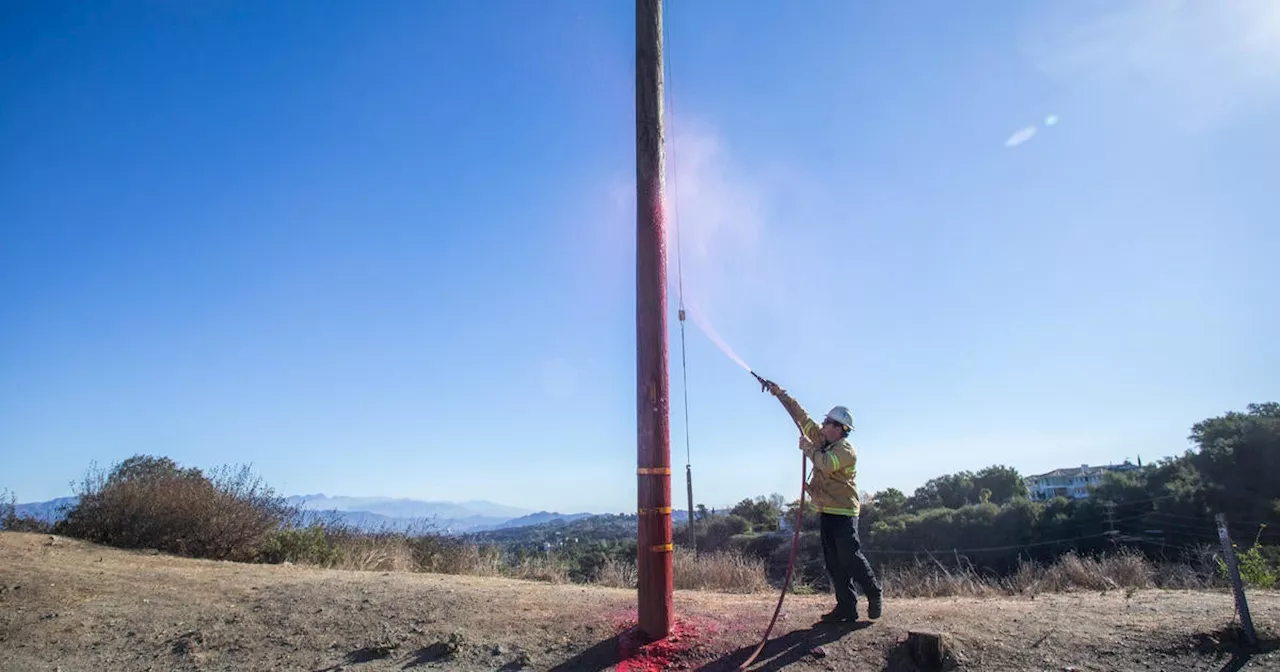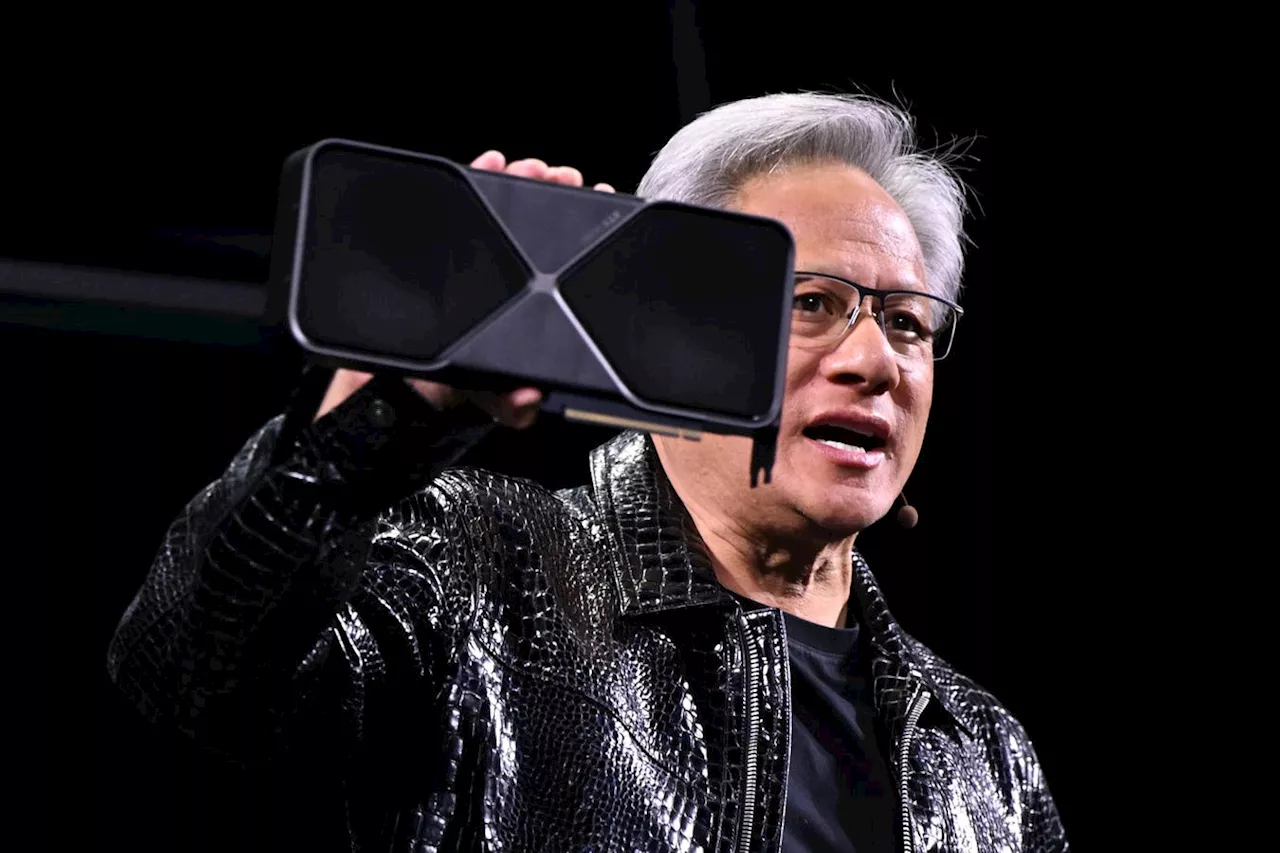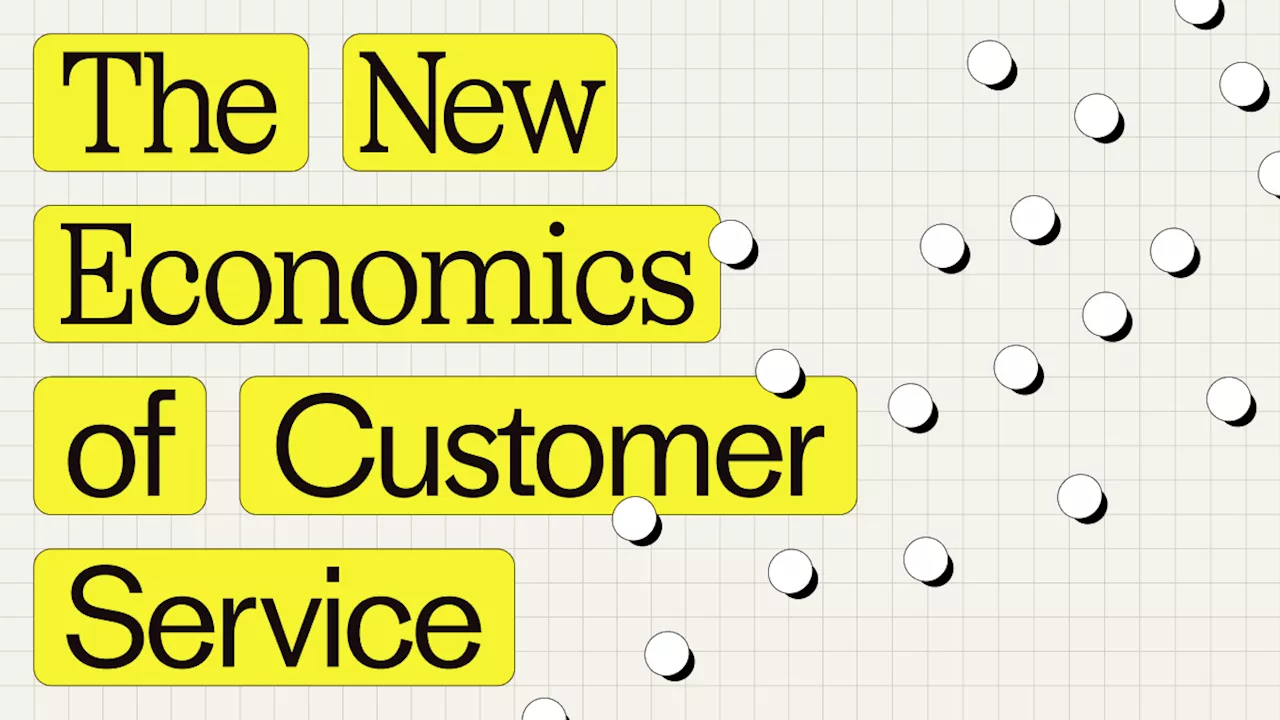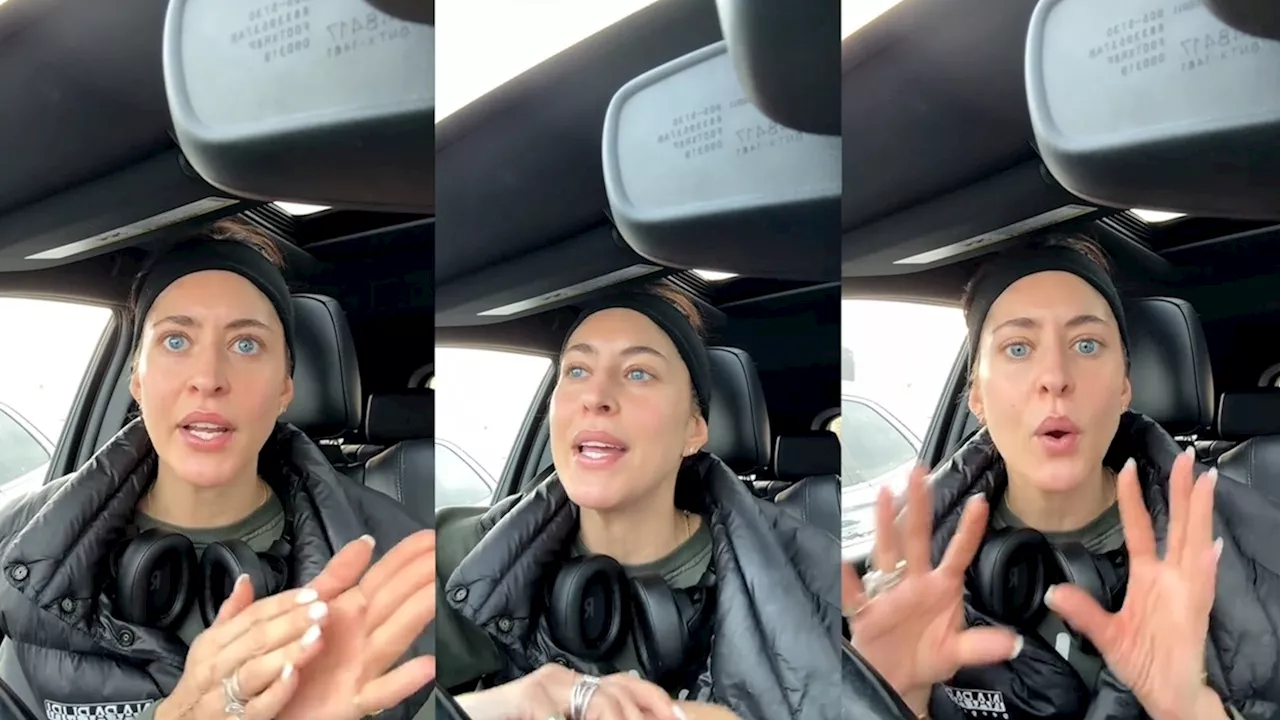This article explores the essence of forgiveness, emphasizing its ongoing nature and the profound impact it has on our emotional well-being. It delves into the complexities of forgiveness, acknowledging the challenges we often face and offering guidance on how to cultivate this transformative quality in our lives.
Forgiveness is an ongoing process, a continuous journey toward healing. Many of us strive for forgiveness, yet it often feels elusive and challenging to attain. Over time, we hear countless individuals express their desire to forgive, only to encounter emotional roadblocks that prevent them from truly letting go of past hurts. Forgiveness isn't about forgetting what happened or condoning harmful behavior. It's not about erasing the pain or pretending it never existed.
In fact, our brains sometimes try to protect us by holding onto resentment and distance, leading us to believe that clinging to these emotions will shield us from further harm. However, we know this isn't true. While holding onto memories and creating distance might offer temporary emotional protection, it often deepens our sadness, isolates us, and hinders our ability to heal. Forgiveness, on the other hand, liberates us from the emotional chains that bind us to past pain. It's not about saying that what happened was okay. It's about choosing not to allow that pain to continue defining our thoughts, emotions, and behaviors. Forgiveness is ultimately a gift we give ourselves. It's a decision to release the grip that past wounds have on our present and future. Forgiveness doesn't require communication with the person who hurt us. In fact, you can forgive individuals who have passed away or those with whom you've lost contact. The essence of forgiveness lies in your own emotional freedom. It allows you to move forward without the burden of anger or resentment. While you can choose to tell the person you've forgiven them, it's not a requirement. The true act of forgiveness is the internal decision to break free from the past's hold. However, the path to forgiveness isn't always straightforward. Forgiveness is rarely a one-time event; it's a continuous process. Our minds can be intricate, and thoughts of hurt and anger often resurface. This means we may need to forgive not just once, but repeatedly. Forgiveness is essential because we are all human, and we all make mistakes. No one is perfect. If we desire to cultivate meaningful relationships, there will inevitably be times when we hurt one another. Forgiveness becomes crucial in maintaining these connections and our own peace of mind. We may even need to forgive ourselves. Holding onto resentment or anger towards ourselves can be deeply damaging. When we harbor these feelings, we create emotional barriers that prevent us from living fully and authentically. Choosing self-compassion and forgiveness can be one of the most powerful acts of healing. So, how do we forgive? While the journey is deeply personal and can vary greatly from person to person, there are key steps that can guide us. First, recognize that everyone is flawed, and we all have unique life experiences. This perspective allows us to view others (and ourselves) as imperfect humans doing the best they can with what they have. Next, extend compassion to yourself and others. Understand that forgiveness doesn't mean condoning behavior, but it's about releasing the grip of anger and resentment. Choose to release resentment and move forward in alignment with your values. Let forgiveness guide you toward healing and peace. Psychedelic therapy can play a significant role in fostering the conditions necessary for forgiveness. It can create an environment that deepens empathy and cultivates compassion. With psychedelics, our thoughts and emotions become more flexible, allowing us to release long-held pain. We recently worked with a woman who had served in the military and had participated in acts that caused her deep shame and sadness. This shame manifested as anger, which, in turn, created conflict and distance in her relationships. Through a psychedelic therapy session, she began to soften. Her heart opened, and she revisited the pain she had caused and experienced. She described creating a “love bubble” around herself and others, feeling compassion, and realizing that forgiveness was the antidote to both her anger and shame. With this realization, she sweetly shared, “We can choose to forgive, and no one can stop us!” She began the process of forgiving herself and others. In considering her partner, she expressed a desire to talk with him about forgiveness, expressing her understanding of the pain she had caused and asking for his forgiveness too. She shared, “He doesn’t have to forgive me, but I can forgive him, and I can forgive myself. I will love him even if he chooses not to forgive me.” When we asked her what forgiveness felt like, she described it as a “warm river flowing through your body.” She said the warmth started at the top of her head, gently surrounding her painful thoughts, then moved through her chest and heart, embracing her shame and sadness. It flowed through her stomach, down her legs, and out through her feet. She felt waves of love replacing the pain. Her love and forgiveness transformed her shame and anger
FORGIVENESS HEALING EMOTIONAL WELL-BEING SELF-COMPASSION PSYCHDELIC THERAPY
United States Latest News, United States Headlines
Similar News:You can also read news stories similar to this one that we have collected from other news sources.
 Power companies douse Los Angeles power poles with retardant to protect power grid during firesWith multiple wildfires still burning across the county, several Los Angeles power companies have started to try and get ahead of the potentially volatile and erratic flames, working to mitigate additional risks by clearing dry vegetation and protecting valuable power lines.
Power companies douse Los Angeles power poles with retardant to protect power grid during firesWith multiple wildfires still burning across the county, several Los Angeles power companies have started to try and get ahead of the potentially volatile and erratic flames, working to mitigate additional risks by clearing dry vegetation and protecting valuable power lines.
Read more »
 The Transformative Power of Waking Up at 5 a.m.: Mike Diamond's Life-Changing RoutineMike Diamond, a Certified Addiction Recovery Expert, shares how his 5 a.m. wake-up routine transformed his life. He discusses the importance of self-care, morning mindfulness, and overcoming the initial challenges.
The Transformative Power of Waking Up at 5 a.m.: Mike Diamond's Life-Changing RoutineMike Diamond, a Certified Addiction Recovery Expert, shares how his 5 a.m. wake-up routine transformed his life. He discusses the importance of self-care, morning mindfulness, and overcoming the initial challenges.
Read more »
 The Transformative Power of Medication and PsychotherapyThis article explores the impact of psychotropic medications on mental health treatment, highlighting how they have revolutionized care by alleviating severe symptoms and creating space for deeper therapeutic exploration. It emphasizes the synergistic relationship between medication and psychotherapy, showcasing how they work together to address the biological and psychological aspects of mental illness.
The Transformative Power of Medication and PsychotherapyThis article explores the impact of psychotropic medications on mental health treatment, highlighting how they have revolutionized care by alleviating severe symptoms and creating space for deeper therapeutic exploration. It emphasizes the synergistic relationship between medication and psychotherapy, showcasing how they work together to address the biological and psychological aspects of mental illness.
Read more »
 Nvidia CEO Jensen Huang's Keynote Speech at CES 2025: AI's Transformative PowerNvidia CEO Jensen Huang delivered a powerful keynote speech at CES 2025, highlighting the transformative potential of artificial intelligence (AI) across industries. He unveiled new chips, software, and services, emphasizing Nvidia's leadership in AI computing. Huang's speech explored topics such as test time scaling, agentic AI, and the future of work, predicting significant advancements in AI capabilities in the coming years.
Nvidia CEO Jensen Huang's Keynote Speech at CES 2025: AI's Transformative PowerNvidia CEO Jensen Huang delivered a powerful keynote speech at CES 2025, highlighting the transformative potential of artificial intelligence (AI) across industries. He unveiled new chips, software, and services, emphasizing Nvidia's leadership in AI computing. Huang's speech explored topics such as test time scaling, agentic AI, and the future of work, predicting significant advancements in AI capabilities in the coming years.
Read more »
 The Transformative Power of AI in Customer ServiceThis article explores how AI is revolutionizing customer service by enabling businesses to scale their support operations efficiently, enhance customer experiences, and improve overall business impact. It delves into the benefits of AI-first customer service, the challenges of traditional models, and strategies for successful AI implementation.
The Transformative Power of AI in Customer ServiceThis article explores how AI is revolutionizing customer service by enabling businesses to scale their support operations efficiently, enhance customer experiences, and improve overall business impact. It delves into the benefits of AI-first customer service, the challenges of traditional models, and strategies for successful AI implementation.
Read more »
 Mom's Viral TikTok Video Captures the Transformative Power of MotherhoodAmanda Talijan's video on TikTok has gone viral, resonating with mothers worldwide who recognize the profound changes motherhood brings. Talijan candidly discusses the psychological and emotional shifts that occur after giving birth, highlighting the transformative journey of 'matrescence'.
Mom's Viral TikTok Video Captures the Transformative Power of MotherhoodAmanda Talijan's video on TikTok has gone viral, resonating with mothers worldwide who recognize the profound changes motherhood brings. Talijan candidly discusses the psychological and emotional shifts that occur after giving birth, highlighting the transformative journey of 'matrescence'.
Read more »
